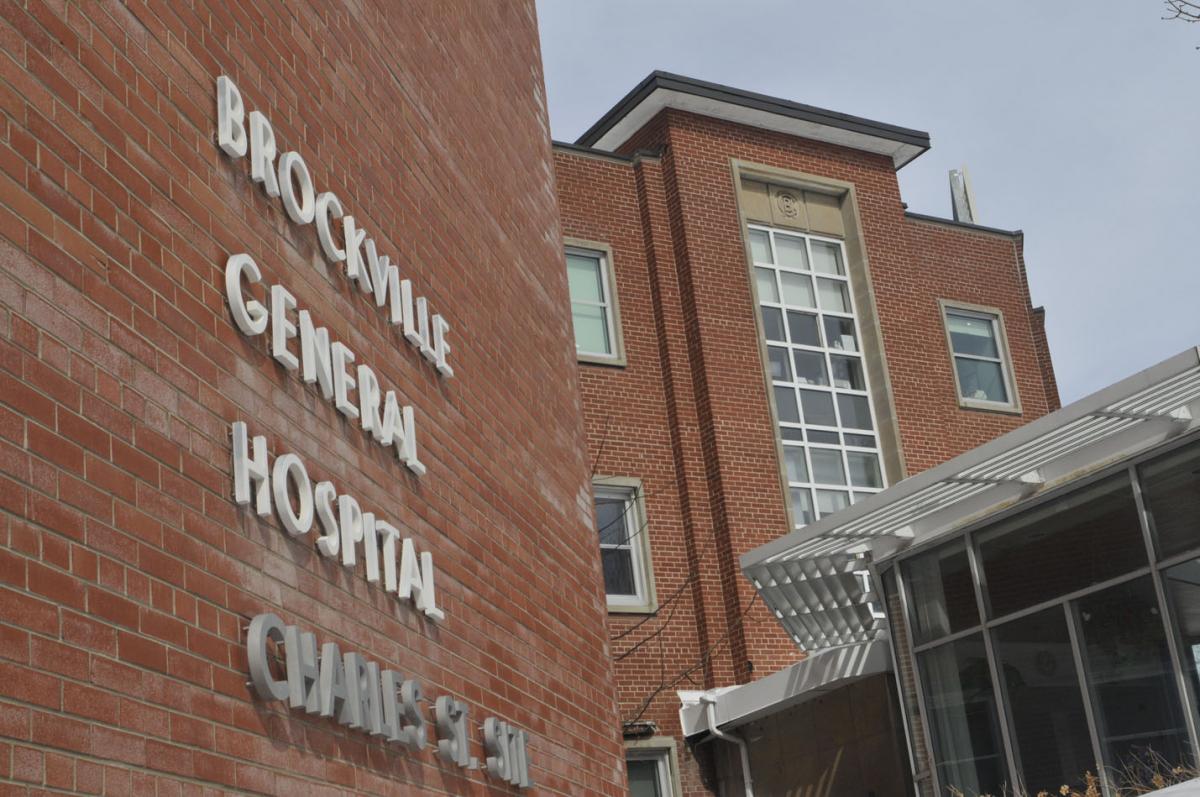
Nearly a year ago, I had the privilege of co-hosting a segment of Brockville’s popular 30-Hour Telethon for Palliative Care.
It was, as I’ve said before, a humbling experience and an honour to do my part in helping such a vital local service, but right now I’m thinking specifically of a point I made at least once during that live broadcast.
In late February of last year, the federal government had not yet passed its legislation legalizing physician-assisted death, a topic I had written about considerably since a Supreme Court ruling made the legislation necessary.
I told viewers that, when assisted dying became law in Canada, it would be more urgent than ever to ensure terminally ill patients who are suffering had the best possible palliative care options in front of them.
I don’t recall the exact words I used, but my point was that, if we were to see as few people as possible opt for assisted suicide, we would have to give them all that medicine could provide for a comfortable, dignified natural death.
Now, I find it urgent to make that point again in the wake of suggestions assisted death at Brockville General Hospital may leave some palliative care supporters wavering in that support.
I can sympathize with opponents of physician assisted death. I have even voiced support, in a provincially-circulated column, of the slippery-slope argument.
But assisted dying is now the law in Canada, and while some hospitals, most notably Catholic institutions, are opting out, BGH supervisor Kevin Empey said the city hospital is complyingwith a federal mandate by making the procedure available here.
It’s likely that, as my colleague Nick Gardiner’s story suggests, the separation of funding, ensuring palliative care donations fund only palliative care, will maintain the current support levels.
And an albeit unscientific poll on our story finds an overwhelming majority of respondents saying assisted death at BGH won’t affect their support for palliative care.
One hopes this is the case.
The sad reality is that, short of a massive lobbying effort in Ottawa, accompanied by a remarkable reversal of public opinion, assisted dying is not going away in Canada. Were patients not able to get access to medically-assisted death at BGH, the facility would be required to help them get that procedure somewhere else.
How much better, then, to continue supporting, as a community, services that allow patients to alleviate their suffering to the point they do not feel the need for an assisted death.